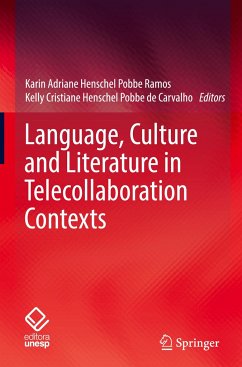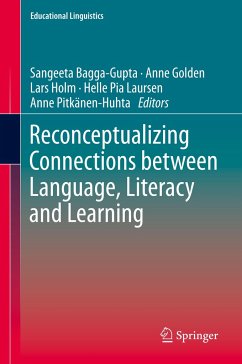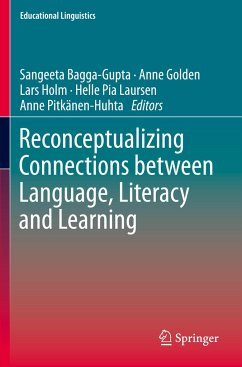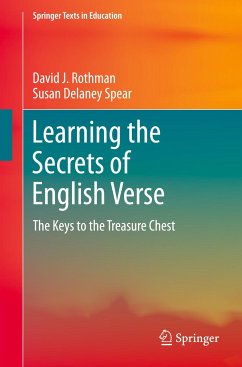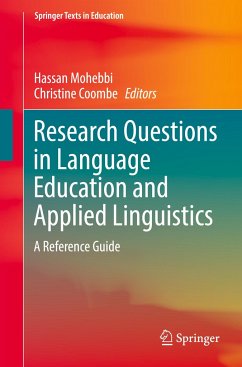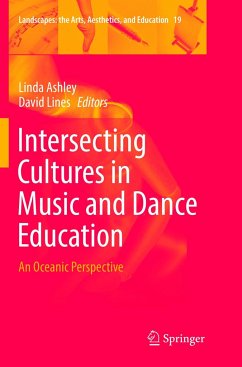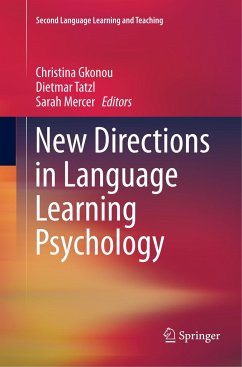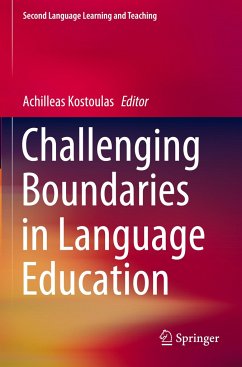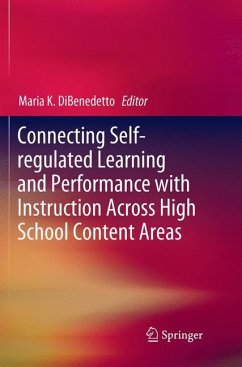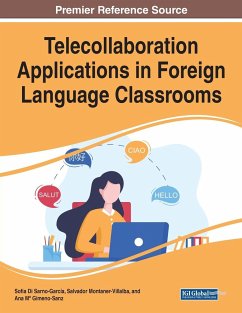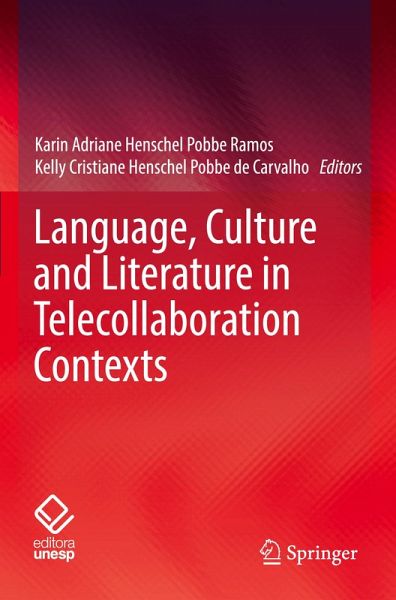
Language, Culture and Literature in Telecollaboration Contexts
Versandkostenfrei!
Versandfertig in 6-10 Tagen
106,99 €
inkl. MwSt.

PAYBACK Punkte
53 °P sammeln!
This book describes and analyses experiences of teaching and learning language, culture and literature based on telecollaboration, an approach that creates interactions between groups of learners from different countries through the integration of a series of virtual and intercultural collaborative tasks to the curricula of undergraduate and graduate courses. The experiences analyzed in this volume come from two telecollaborative projects developed by the São Paulo State University (UNESP), in Brazil, with universities from other countries: the Brazilian Virtual Exchange (BRaVE) Program and t...
This book describes and analyses experiences of teaching and learning language, culture and literature based on telecollaboration, an approach that creates interactions between groups of learners from different countries through the integration of a series of virtual and intercultural collaborative tasks to the curricula of undergraduate and graduate courses. The experiences analyzed in this volume come from two telecollaborative projects developed by the São Paulo State University (UNESP), in Brazil, with universities from other countries: the Brazilian Virtual Exchange (BRaVE) Program and the Teletandem Brasil Project.
The BRaVE Program aims at fostering an online collaborative learning modality that promotes intercultural contact and the exchange of ideas by connecting Brazilian undergraduate or graduate students with students from different higher education institutions around the world. The Teletandem Brasil Project is based on a mode of telecollaboration (teletandem)that creates a virtual, collaborative and autonomous context for learning foreign languages in which two students help each other to learn their own languages or a language of proficiency. They do so by using the text, voice and webcam image resources, and by adopting the three principles of tandem learning: autonomy, reciprocity, and separate use of both languages.
Language, Culture and Literature in Telecollaboration Contexts will be of interest to both educational researchers and teachers as it presents, on the one hand, an innovative tool to promote the democratization of foreign language learning; and, on the other hand, discusses how telecollaborative projects can contribute to the training of language and literature teachers.
The BRaVE Program aims at fostering an online collaborative learning modality that promotes intercultural contact and the exchange of ideas by connecting Brazilian undergraduate or graduate students with students from different higher education institutions around the world. The Teletandem Brasil Project is based on a mode of telecollaboration (teletandem)that creates a virtual, collaborative and autonomous context for learning foreign languages in which two students help each other to learn their own languages or a language of proficiency. They do so by using the text, voice and webcam image resources, and by adopting the three principles of tandem learning: autonomy, reciprocity, and separate use of both languages.
Language, Culture and Literature in Telecollaboration Contexts will be of interest to both educational researchers and teachers as it presents, on the one hand, an innovative tool to promote the democratization of foreign language learning; and, on the other hand, discusses how telecollaborative projects can contribute to the training of language and literature teachers.



